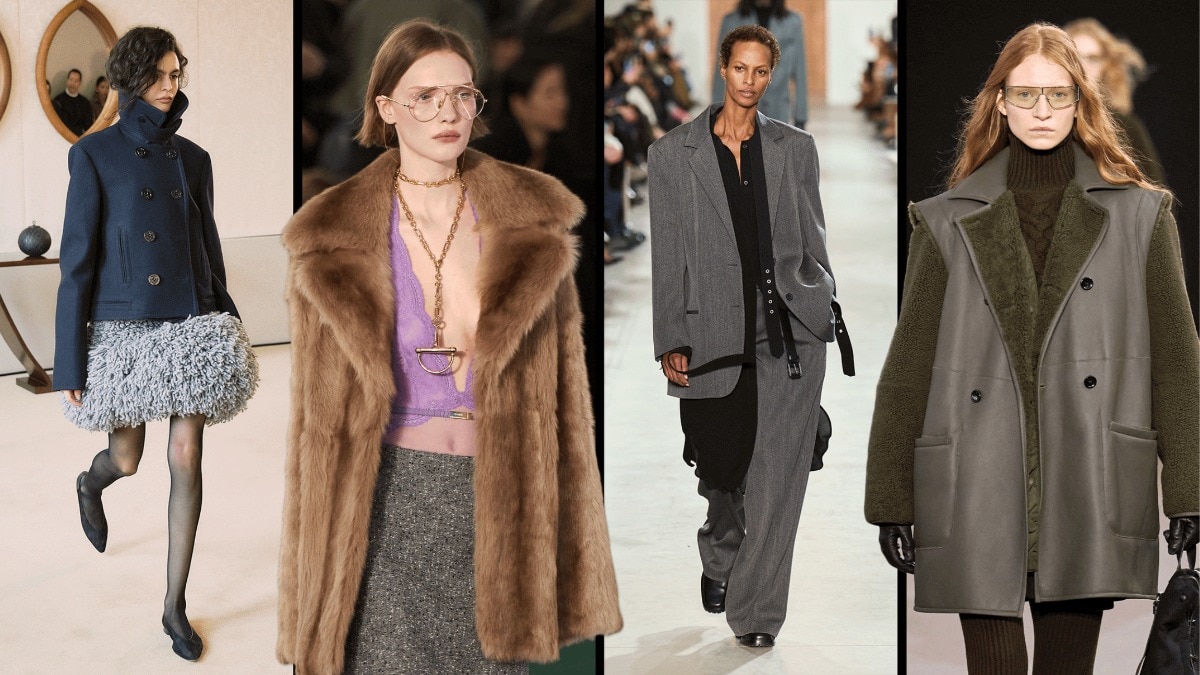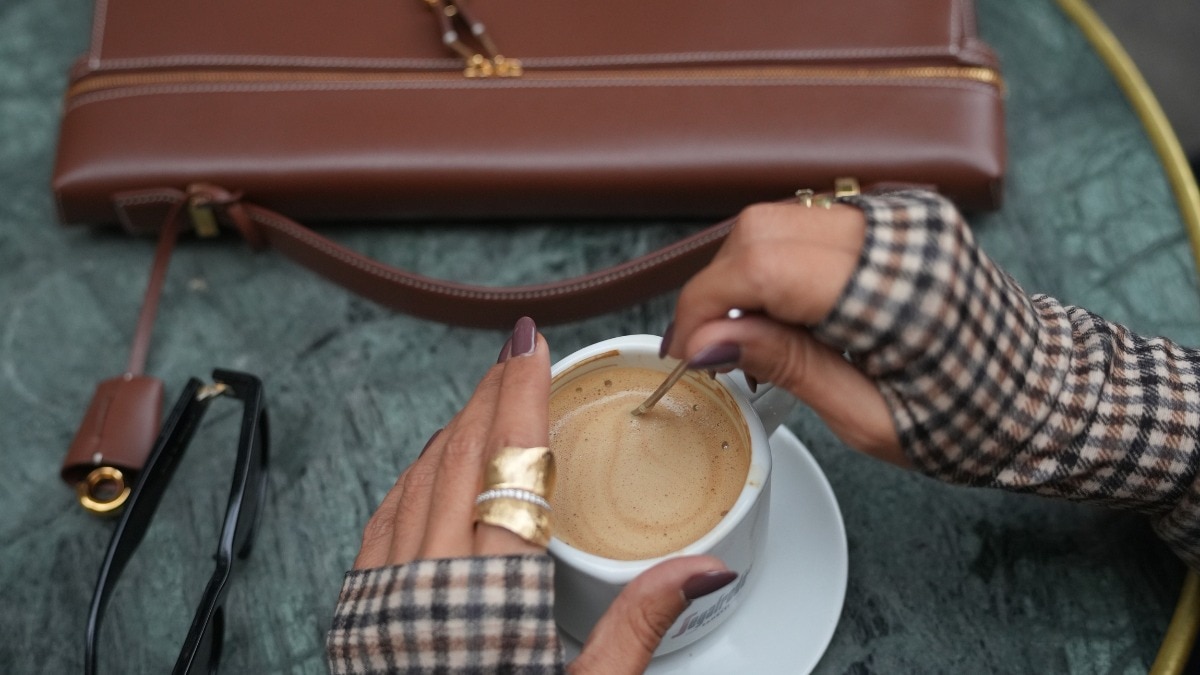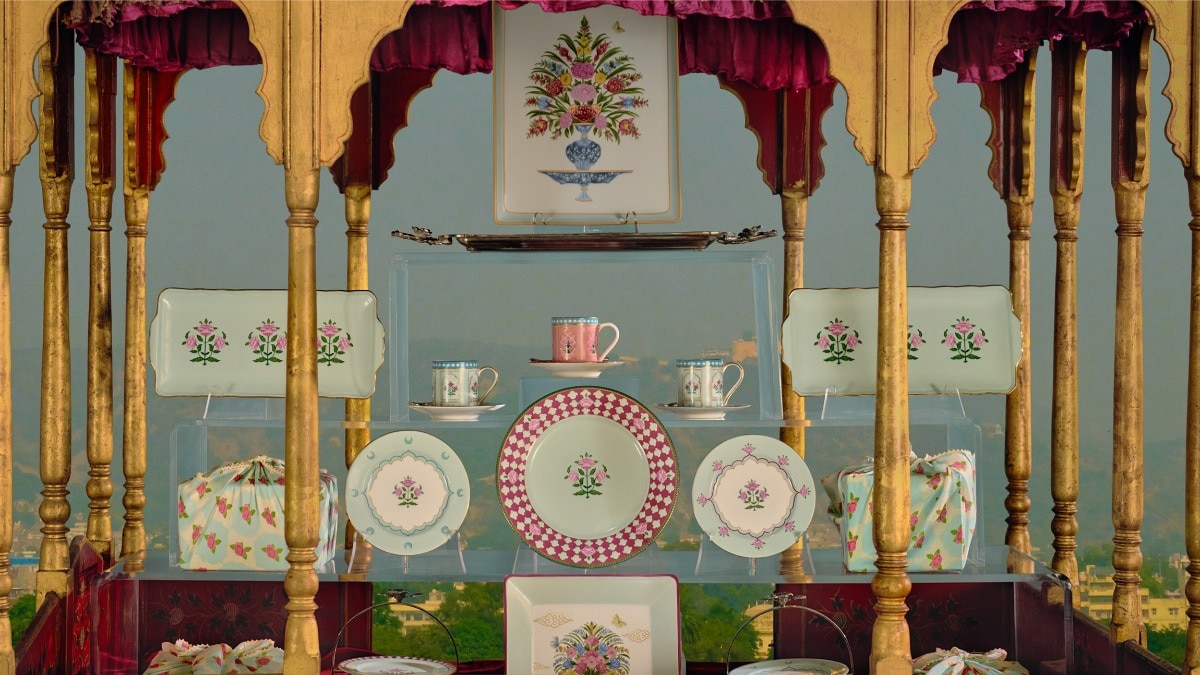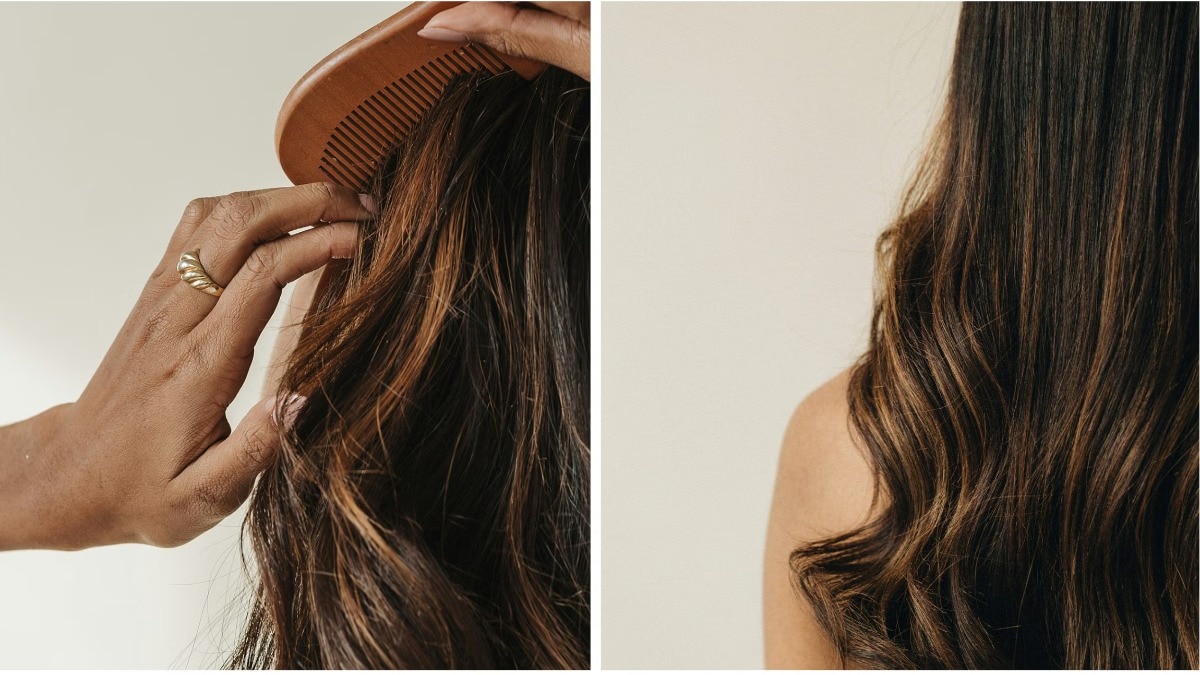
Why a Ferragamo scarf by her grandmother is so precious for author Rowan Hisayo Buchanan
For the British-American novelist, a scarf emblazoned with poppies enshrines special memories of her late grandmother, who was forever saving things for the best.


Things I have lost or destroyed: My wedding dress tore as I danced. My wedding boots, the gold paint scratched off. A necklace my partner gave me in the shape of a pear. A blue dress soaked in ramen juice. An indigo jumper left where the moths could get it. Silver sneakers walked in until the soles fell off.
Things people who love me have said: Do you want to wear that while cooking? The mud will soak into your shoes. You’re wearing that shirt while painting? If you walk like that, you’ll ruin the heels.
Don’t mistake me, I take no pleasure in these losses. I don’t have a large wardrobe and each lost item causes a hole—a sense of having nothing to wear. And so I try to hold on to what I have. A bra my secondary-school boyfriend gave me was in my drawer on my 30th birthday. This winter, I was still wearing a green and black jumper that my mother bought me almost a decade ago because the air-conditioning in the museum was making me shiver.
My grandmother used to say we were similar, but our treatment of clothes could not be more different. She was cremated wearing a grey cashmere cardigan and a Ferragamo scarf. On the silk scarf pink, purple, red, and yellow flowers bloomed, behind which tigers and other beasts crouched. My grandmother never wore the scarf or the cardigan in life. My mother found them preserved in the back of a drawer, doomed to the category of too good to wear. My grandmother’s death was not a surprise. She was 93. I don’t know what she was saving them for.

When the ashes were returned to my mother, she placed them in a box. Around that box she wrapped yet another Ferragamo scarf, a huge red and pink poppy blazing across the silk.
My grandfather died while I was a university student. His ashes and those of their two cats rested atop the family piano. Following a hodgepodge of Chinese ancestor worship and Japanese Shintoism, my grandmother and mother left offerings in front of the ashes. Usually, flowers they thought my grandfather would have liked and small portions of food at every meal.
My grandparents were both immigrants—my grandmother from China and my grandfather from Japan. They left behind their families and the cultures they grew up in. They made a new home. And in that home, their beliefs grew together like two clouds drifting into one. What they passed to my mother and then me was a belief system that had transformed as much as their lives. In China, at the time my grandmother was growing up, bodies were mostly buried, not cremated. But when my mother asked her if she’d rather be on the piano or buried in a funeral plot in Queens, my grandmother chose the piano. When the scarf was knotted around the engraved box, it was the first time she had worn that scarf.
My grandmother was born a rich baby, but she did not live the life of a rich woman. She spent her childhood in Shanghai coddled by her amah and was the pet of her businessman father. She was given the greatest luxuries—English lessons, a university education, a leopard-skin coat. The life she was raised to have was not the one she ended up living. Revolution intervened. Whatever we may believe about the fate of countries, the correct political systems, justice, I hope we may understand that to live in a new country, not knowing whether your mother, father, sisters, and brothers are dead or alive, is no simple thing. To have a husband who, while he had many good qualities, expects you to live up to the standards of a Japanese housewife when you had once been asked only to study hard and look beautiful cannot have been easy. She and her husband both worked through the '50s, '60s, and '70s—not out of any feminist principle but because they needed the money. And yet she laughed. She got a job at an airline. She flew for free around the world and took her daughter to Italy and flirted with Italian men in fast cars. She bought glossy fashion magazines and looked at pictures of dresses she’d never be able to afford. She shopped the sales. She went back day after day to the same store to see if something she craved might have slid into affordability. On the rare occasions they did, she might wear them. But some were too good to wear and were tucked away for future days. She rose through the ranks at the airline. Her husband’s job improved. Their daughter grew up. Things should have been easier. But somehow there were things still too good to wear. Things that must be saved for another, better occasion.
I imagine the wardrobe she left behind in Shanghai and the girl who had everything. That life was stained and torn, and ripped away. I understand why she didn’t want to see anything else precious lost. At some point before I was ever born, she put that leopard-skin coat in storage. I never saw her wear it.

I’m dyspraxic, which means I have a motor-coordination problem. I’m at the far end of the spectrum. I walk into lampposts. Last month, I dropped my phone so often that there was a bruise on the top of my foot. If I spent my life worrying about what I would spoil, I would wear only waterproof anoraks and keep away from everything that brings me joy. This is why I have lived the way I do. This is why I do not care that my wedding dress will not be a perfectly preserved heirloom, because I’d rather live a life in which I dance. Even if that dancing rips the gauze. I’d rather spend a month walking wonkily in a pair of silver sneakers than sit them on a shelf. Even if that means they wear in wobbly lines. That pear necklace my partner gave me sat in a smooth cool weight on my throat and in the early days of our relationship reminded me of his kindness. He gave it to me after I’d been away on a long work trip during which I’d been particularly lonely and he wanted to remind me of a day before we were dating when he’d bought me fruit. That day I’d felt lonely and nervous and hungry, and his noticing this was one of the reasons I loved him. The necklace was a promise that he’d try to keep noticing. I am sad that it is lost, but happier for all the days I reached up and touched it at my throat. I don’t mourn losing it because that would be to regret wearing it.
When my mother first told me about the scarves, I was sad. Sad to imagine them folded up, too good for the pared-back life my grandmother spent in her apartment taking medicine and trying to stay awake. I wish in the days before she died, she’d felt the rub of silk on her cheek. I wish she’d caught a glance of herself in the mirror and seen those flashes of glamour. In my recent memories, she was always wearing a Kangol bucket hat and a loose sweatshirt. Comfortable, practical, but not the things she would once have loved.
And yet, I’ve been wondering if, in my insistence on never saving the best for last, I have missed something. In preparation for the cremation, my mother placed a huge bunch of pink peonies in my grandmother’s hands and tucked in beside her an envelope of photographs. In one of those photographs, my grandmother is wearing the leopard-skin coat. My mother made a copy for me. It was my first time seeing the coat, though I’d heard about it often in stories. I am no fan of the fur trade. The hunting of those wild and endangered beasts is abhorrent. But my grandmother was born in 1929, fifty-seven years before the founding of PETA, and I do not begrudge her the coat. In that photograph, she looks so happy and proud. She lived through the Japanese occupation, a revolution, the loss of her family for decades, and more recently, a pandemic and the news of Chinese elders being attacked. I smile when I hold the photograph of her in warmest luxury.
In China during the Qing Ming Festival, sheets of paper known as, or ‘spirit money’, are burned. This money is burned so that one’s ancestors can live lavishly in the afterlife. I’ve read about people burning paper passports and MacBooks to give their ancestors. My grandmother lived in New York and never attended a Chinese temple there. But I find it beautiful that one might offer one’s relatives all the things they could not have in life. I wonder what I would want burned for me? What would my mother want burned for her? What dreams could be folded out of paper? I do not think the burning of my grandmother’s photograph follows any pure Taoist or Buddhist tradition. But as I said, my family’s beliefs are shifting things. I choose to believe that somewhere she is wearing that coat and her scarf, and pressing her face into that bunch of velvet petalled flowers.
Though I want to walk in the mud and slurp ramen and live messily, I am starting to see the wisdom in having something set aside. Some beautiful things waiting faithfully for the day so important that you might put them all on and feel like your most elegant self. And if that day never comes, that might be alright. You will have had the peace of knowing they were there.










